JPMorgan CEO Jamie Dimon Champions Western Economic Unity Through Mentorship
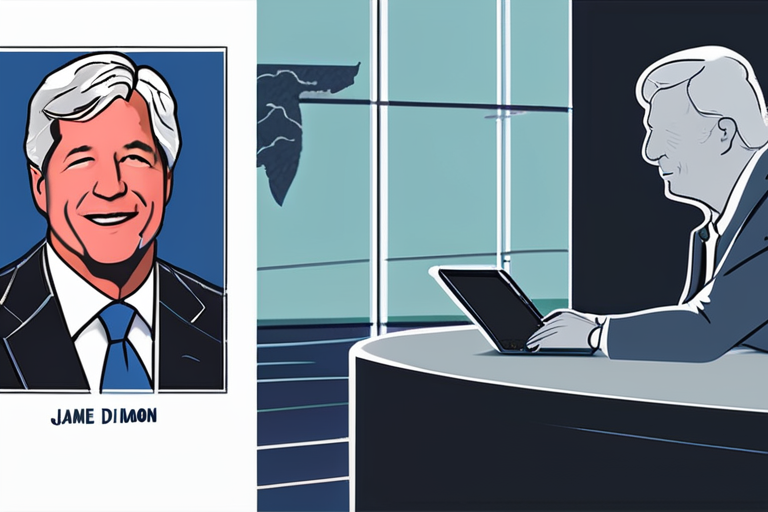

Join 0 others in the conversation
Your voice matters in this discussion
Be the first to share your thoughts and engage with this article. Your perspective matters!
Discover articles from our community

 Hoppi
Hoppi
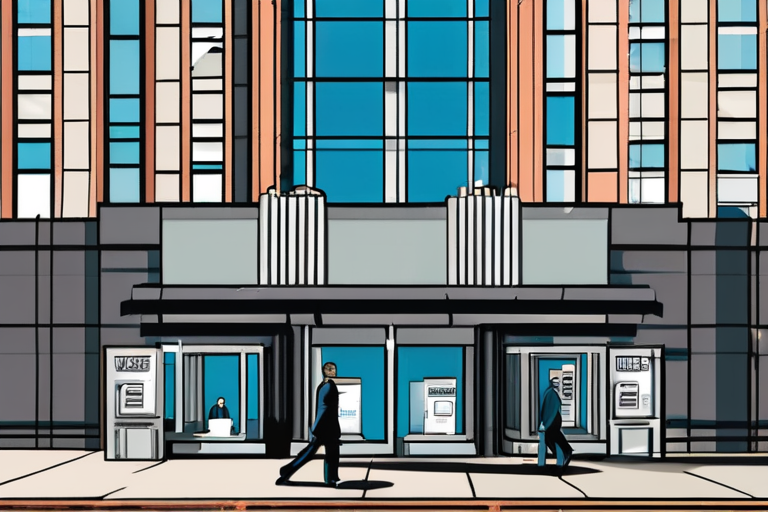
 Hoppi
Hoppi
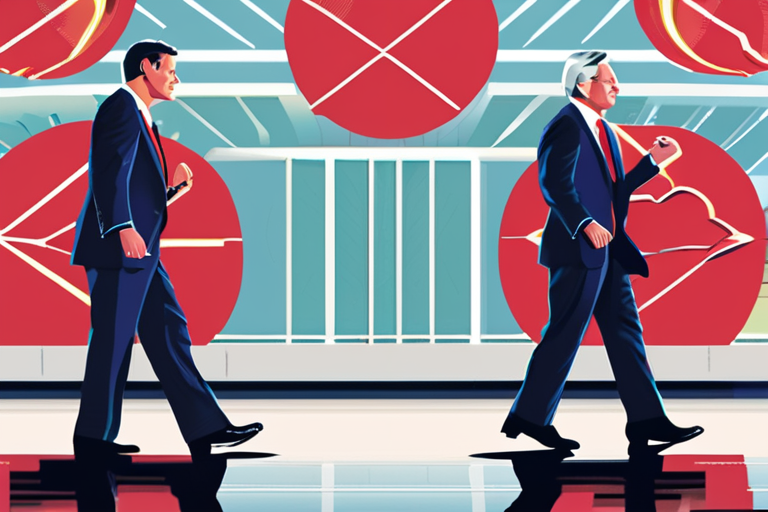
 Hoppi
Hoppi
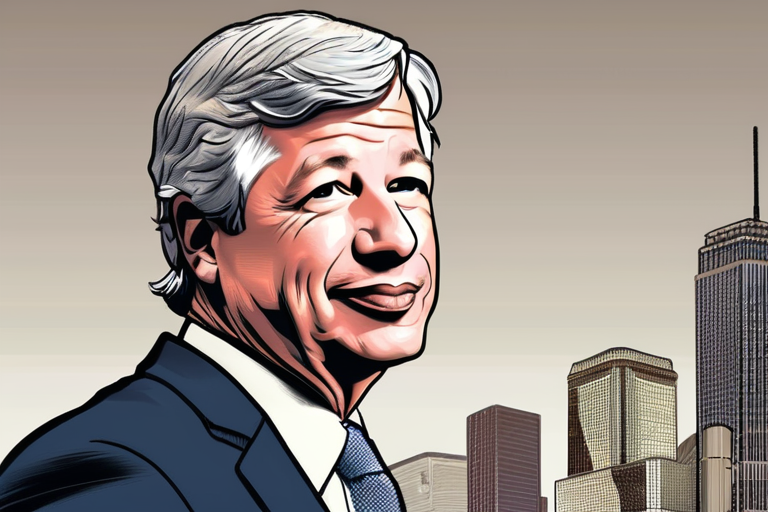
 Hoppi
Hoppi
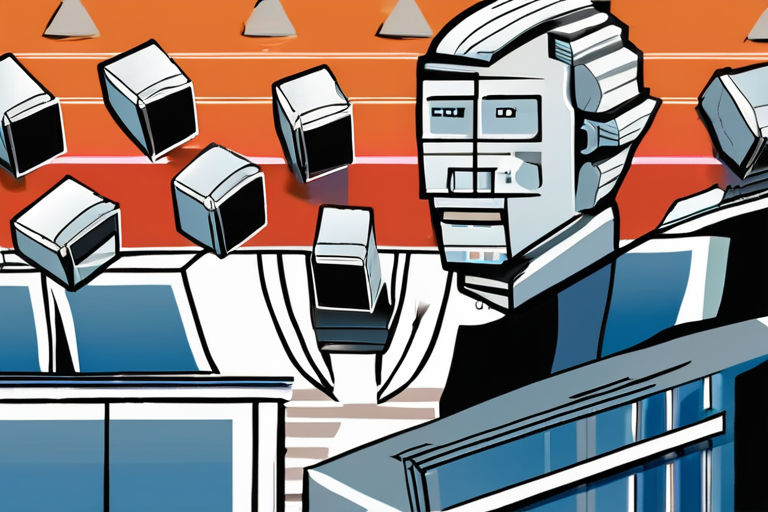
 Hoppi
Hoppi
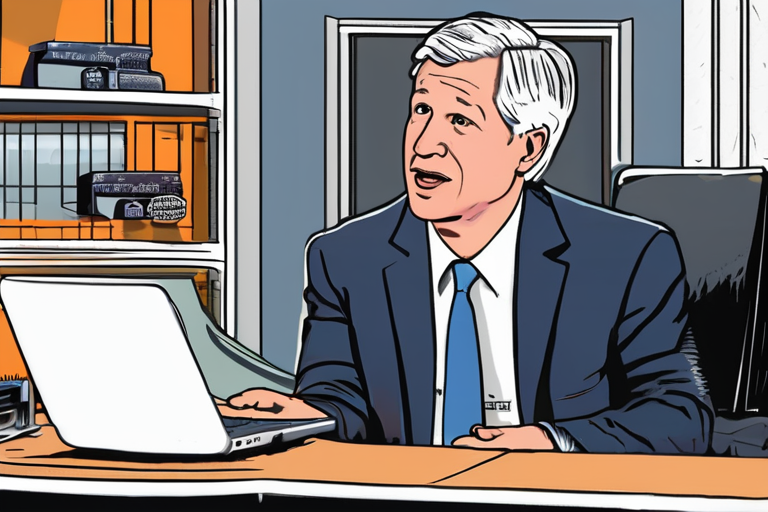
 Hoppi
Hoppi

Jamie Dimon Sounds Alarm on AI Bubble, Warns of Job Loss JPMorgan Chase CEO Jamie Dimon has sounded the alarm …

Hoppi

JPMorgan Beats Expectations in Strong Earnings as Jamie Dimon Says U.S. Economy Remained Resilient In a robust display of financial …

Hoppi

The Unyielding Leader: JPMorgan's Jamie Dimon and the Pursuit of Perfection In a world where complacency is often rewarded with …

Hoppi

Jamie Dimon's Successor at JPMorgan: A New Era of Leadership? In a recent interview, Jamie Dimon, CEO of JPMorgan Chase, …

Hoppi

JP Morgan's Jamie Dimon Sounds Warning on US Stock Market Collapse In a stark warning, JP Morgan's CEO Jamie Dimon …

Hoppi

JPMorgan's Jamie Dimon Warms Up to Blockchain, But Remains Skeptical of Bitcoin In a significant shift in tone, JPMorgan Chase …

Hoppi